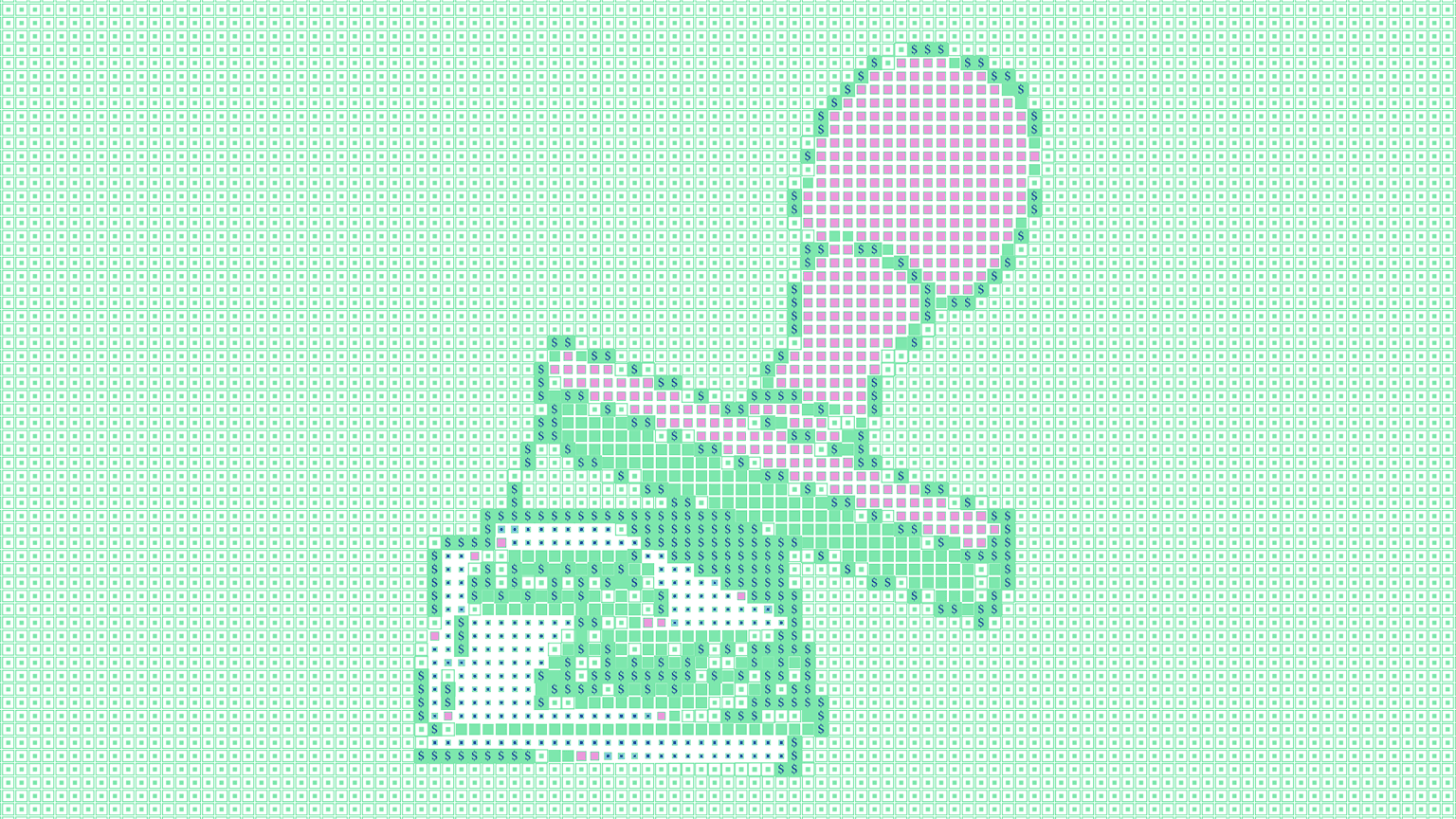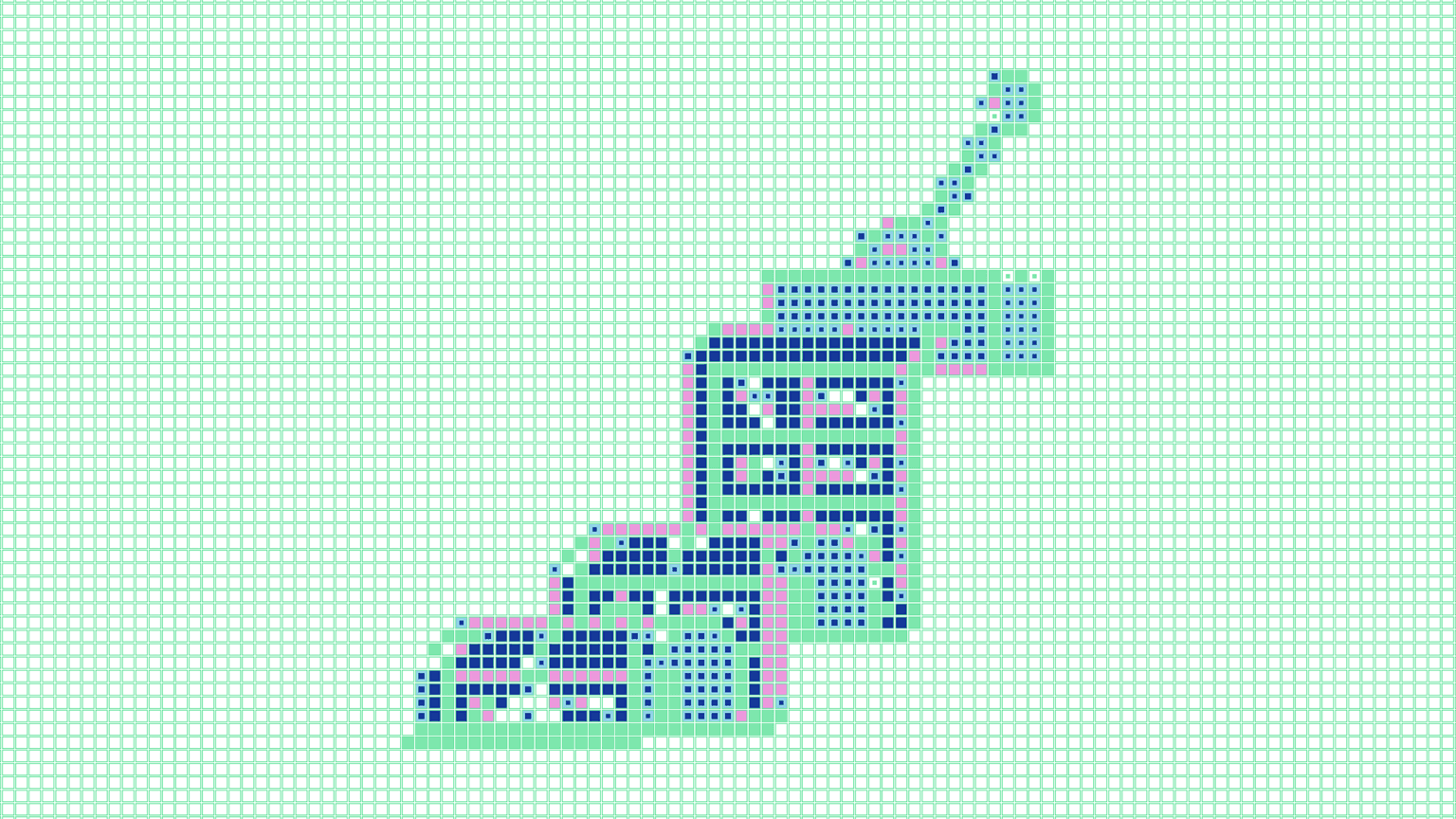Itâs no secret (especially here at Mine) that your credit score is an incredibly important thing. It can determine where youâre allowed to live, what youâre allowed to drive, and even where youâre allowed to work. Youâre most likely aware of the obvious pitfalls that can lower your score - defaulting on a loan, not making your payments on time, going bankrupt, and more. But there are some lesser known ways that you can accidentally lower your score that you should know about:
Applying for too many cards at once:
When you apply for a credit card, the card company will do whatâs called a âhard pullâ on your credit. This happens when a bank or other lender checks your credit score to see if youâre a creditworthy customer. A hard pull usually lowers your score by about five points, whereas a soft pull can be done without your knowledge and doesnât affect your score.
A five-point drop might not seem significant, but if youâre applying for multiple cards at once this series of hard pulls can add up to a reasonable penalty. The effect of hard pulls goes away after about two years, but itâs still something to be aware of. By the way, Mine doesnât do a hard pull on your credit.
Itâs also important to note that every new account you open lowers the average length of your credit history which is another factor used in determining your credit score.
Not using your credit card at all:
We get it. Using your credit card can be intimidating. While it might swipe just like your debit card, you are technically borrowing money by using it. It can feel tempting once it shows up to shove it in your desk drawer and never think about it. However, thatâs not actually the most responsible option.
There are few drawbacks to not using your card at all. First, if you donât use your card for several months in a row, the card company might close your account due to inactivity. This can lower you average age of accounts and will also cause your total available credit to go down - both of which can hurt your score.
The other two drawbacks are a little more subtle. If youâre not using your card and not checking your statements, it can be easier to miss fraudulent transactions and you could be on the hook for someone elseâs spending. This could also cause you to miss payments. Finally, not using your credit card means that youâre not earning any rewards, and earning rewards is one of the best reasons to use a credit card - or a Mine Card.
Canceling your credit card:
One of the most important factors used to determine your credit score is something called credit utilization (you can read all about it here). By canceling your credit card, youâre eliminating a line of credit and lowering your total available credit. With less available credit, your utilization is bound to increase - even if you spend the same amount of money.
Canceling an older credit card can also decrease the average length of your credit history. This in turn makes you look like less of a âsafe betâ to lenders. Thereâs nothing they love to see more than a long history of well managed debt, and canceling one of your older cards can paint you as an inexperienced borrower.
Sometimes, cancelling a card makes sense. But make sure that youâre prepared for the potential ramifications. Even though your score might only drop by a few points for a few months, itâs still important to be prepared and knowledgeable.
The bottom line
As youâve probably noticed, everything listed above is a risk that comes associated with getting a credit card. And while a credit card can be a great tool for building your score, itâs always good to know about the potential pitfalls. If you want to steer clear of those all together, you should apply for a Mine Card. Mine wonât do a hard pull on your credit, and it functions just like a debit card so that you canât build up a big bill. Itâs not scary to use, and it can help you increase your score. Download the Mine app today and start building your credit!
*This communication is for informational purposes only and should not be considered financial advice.*






